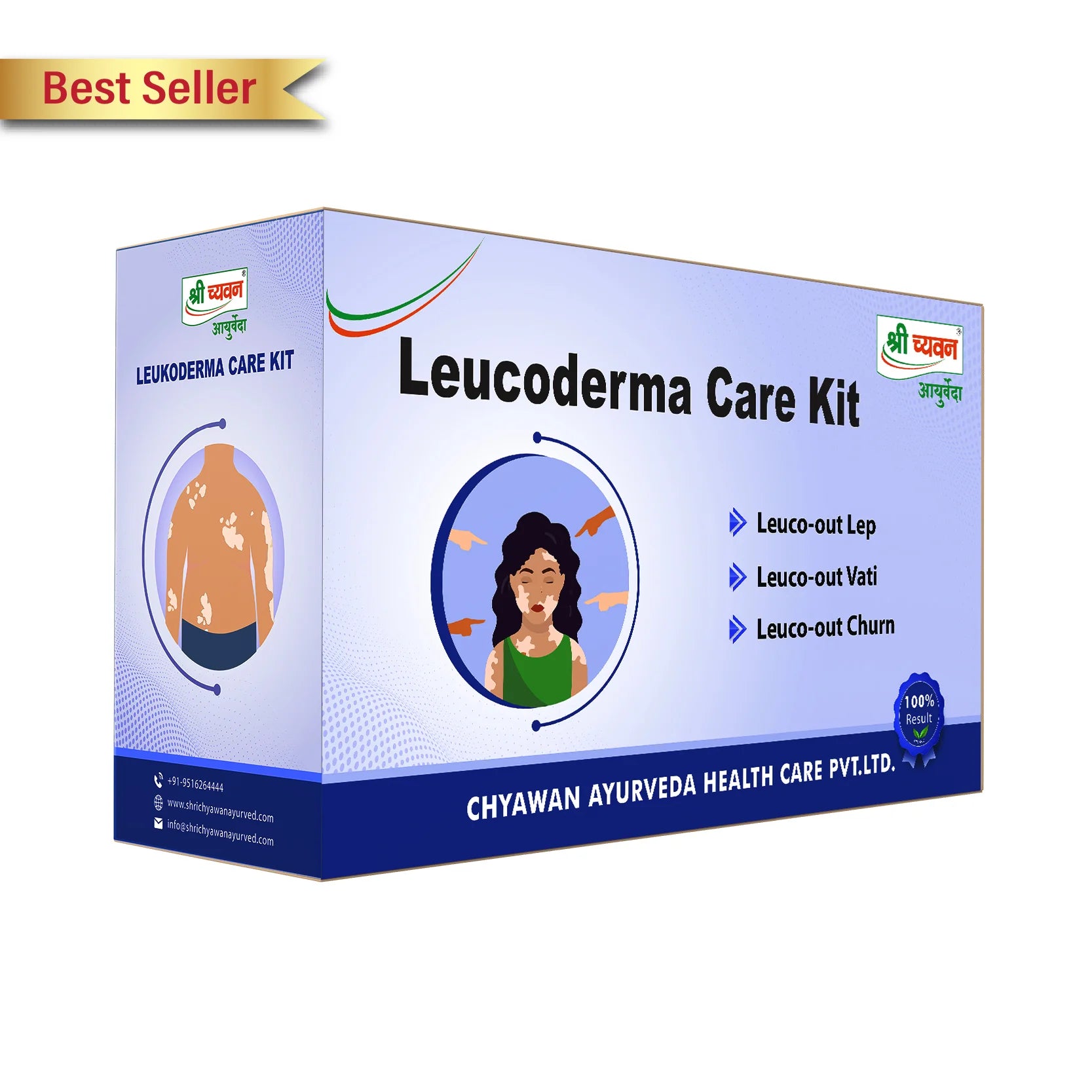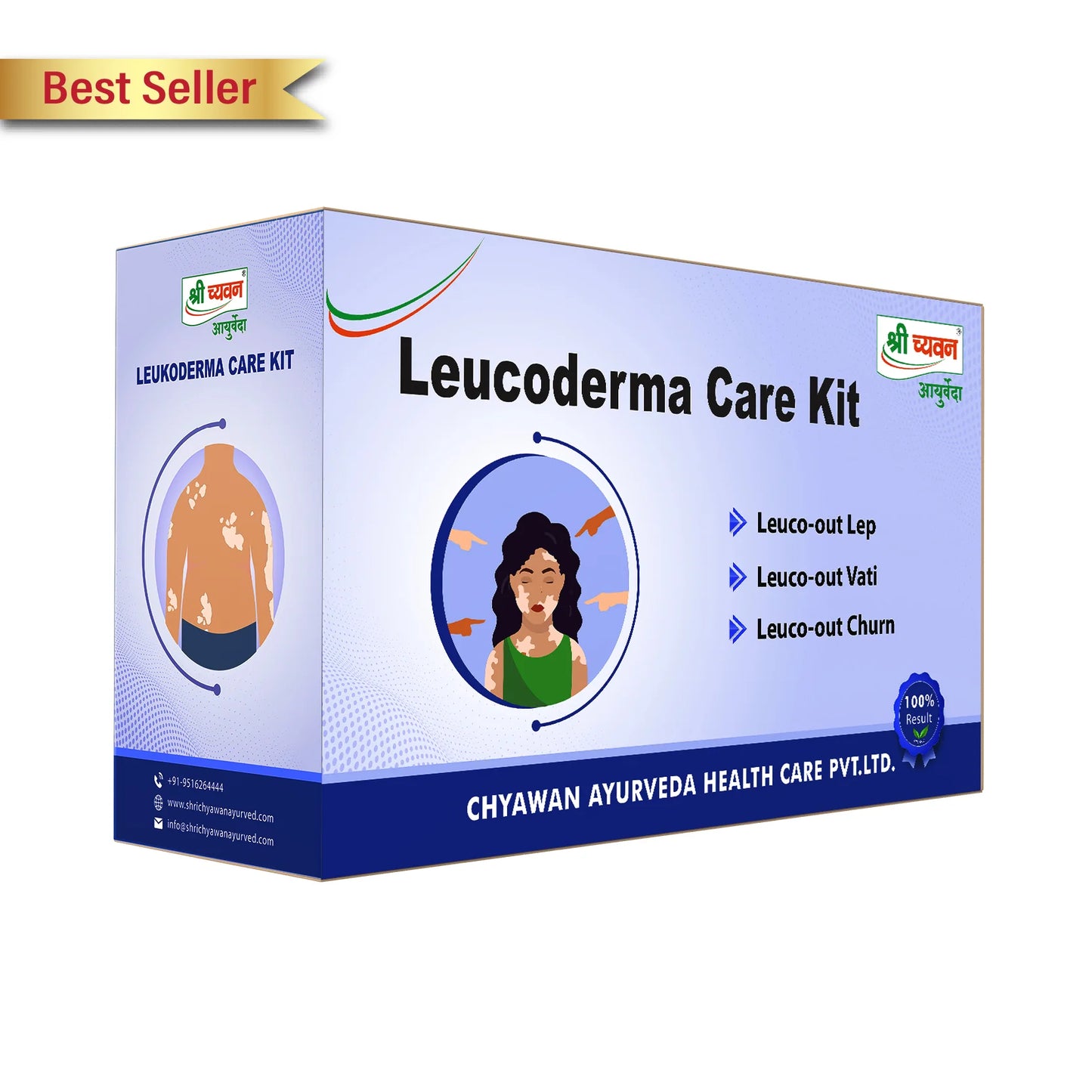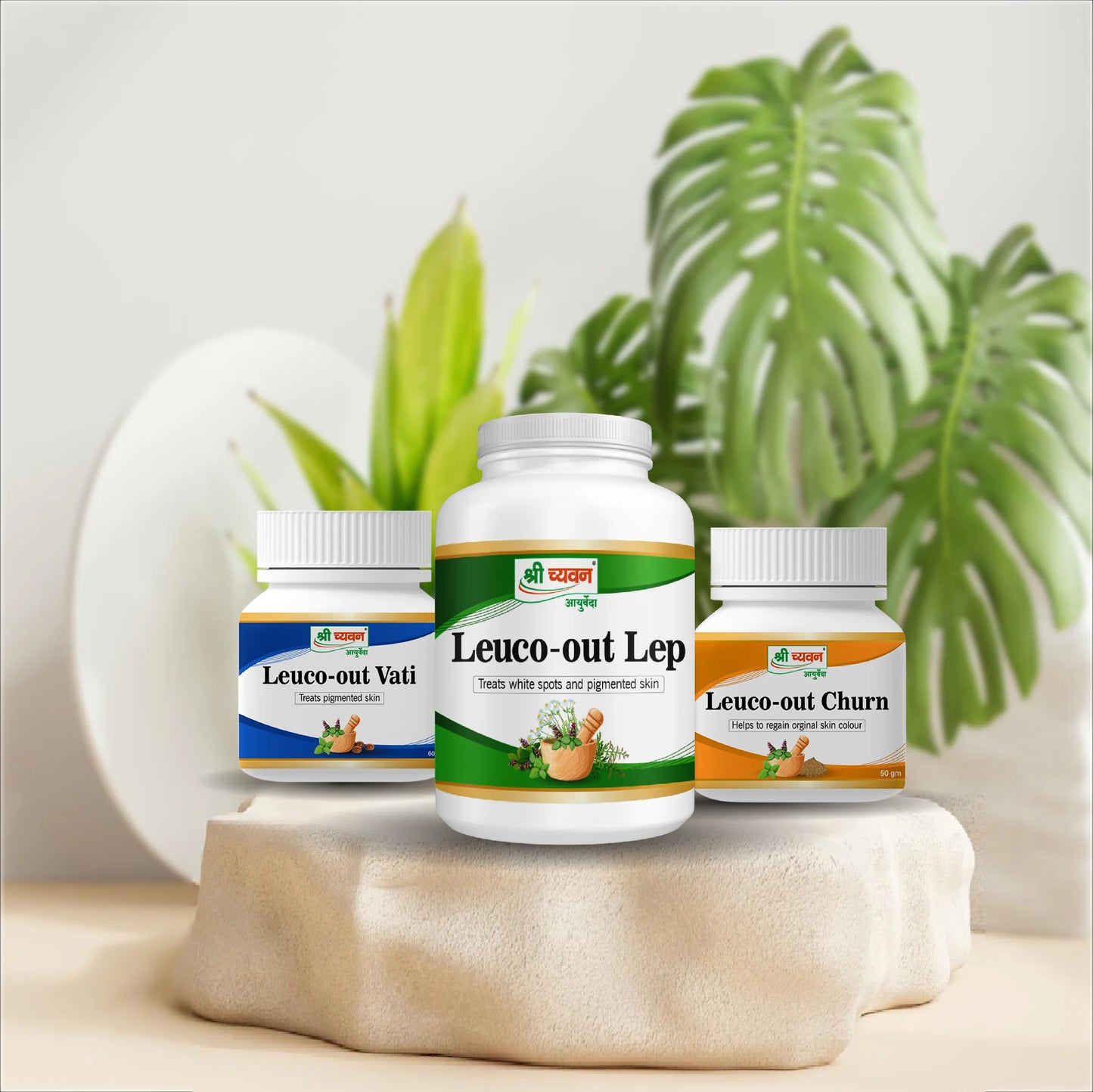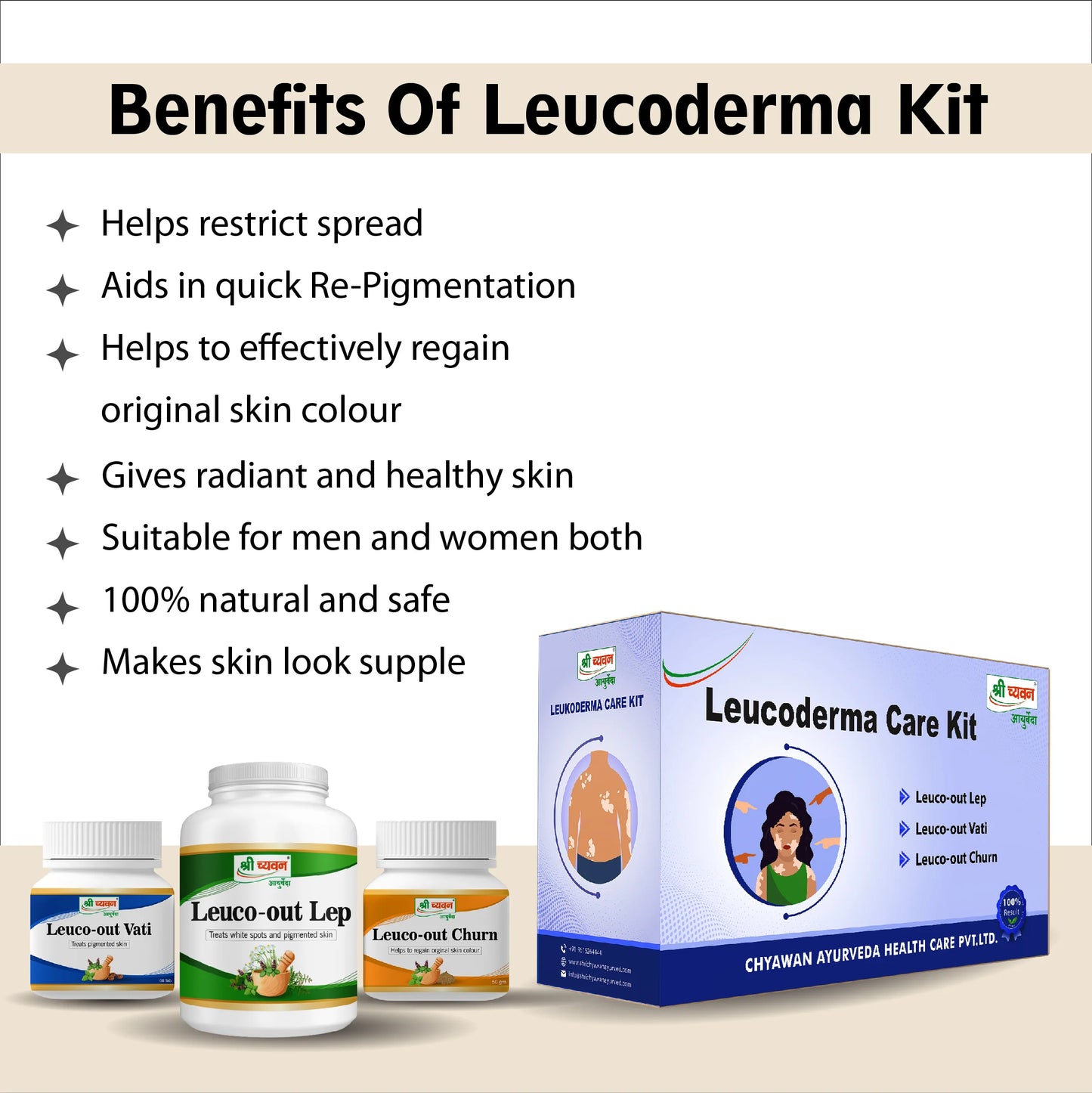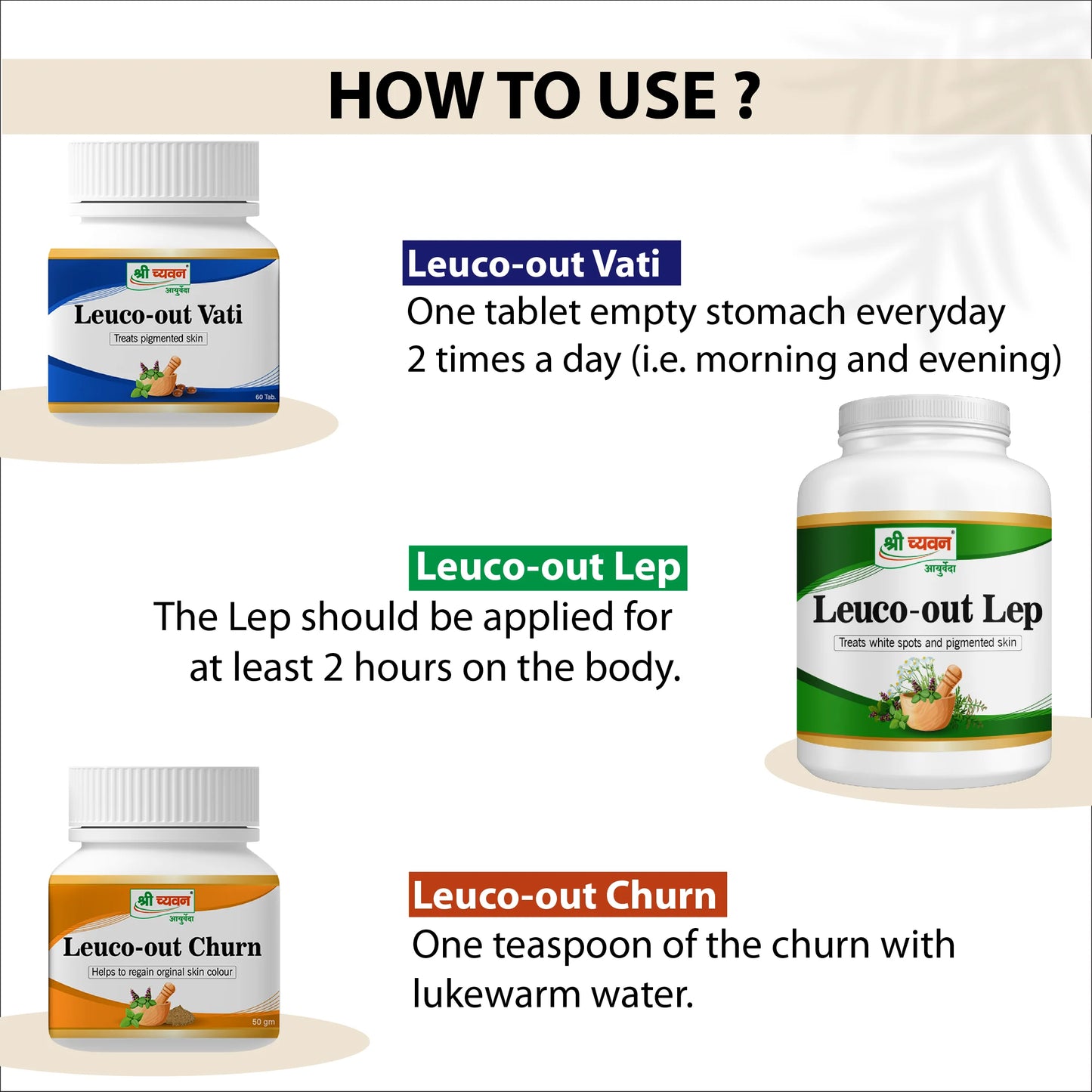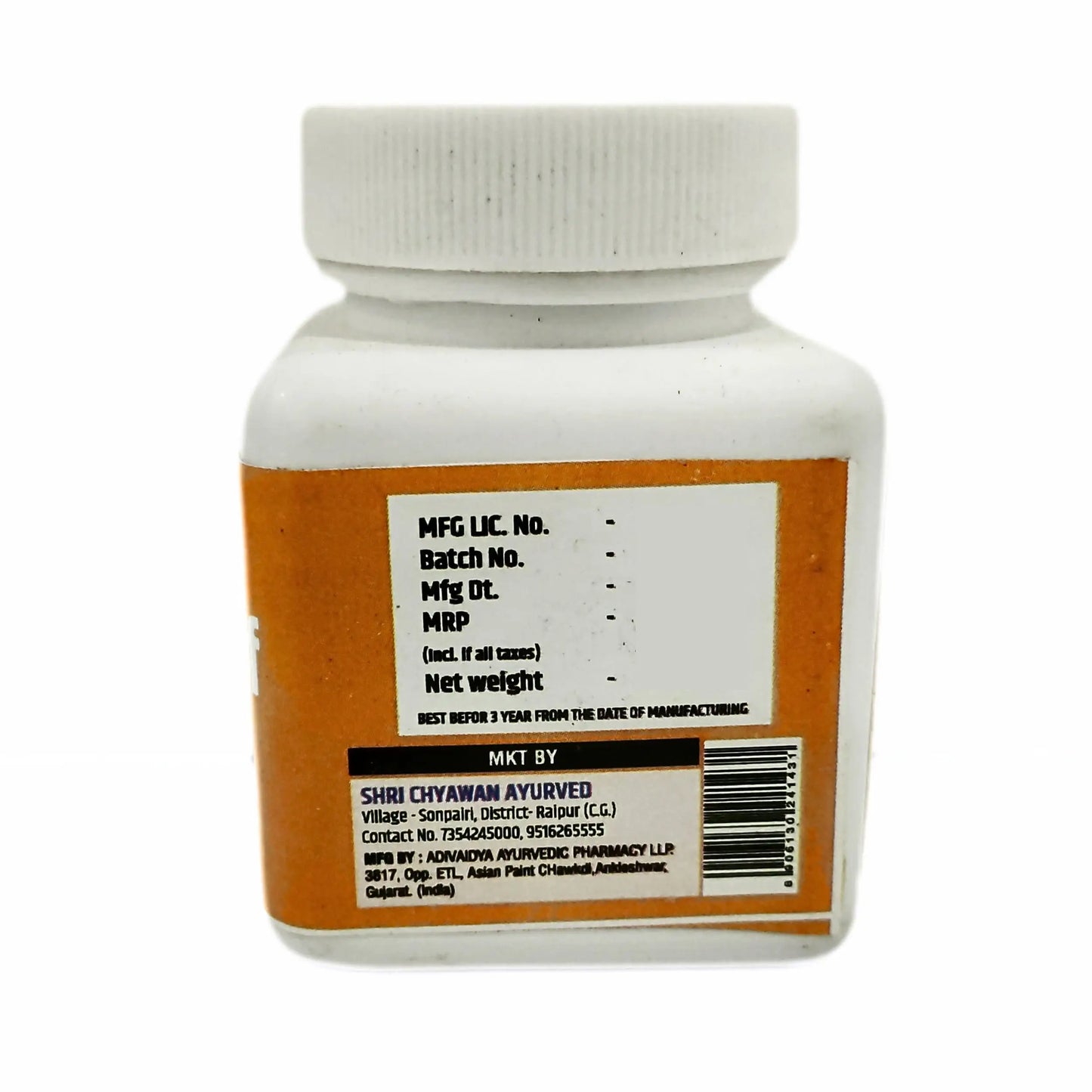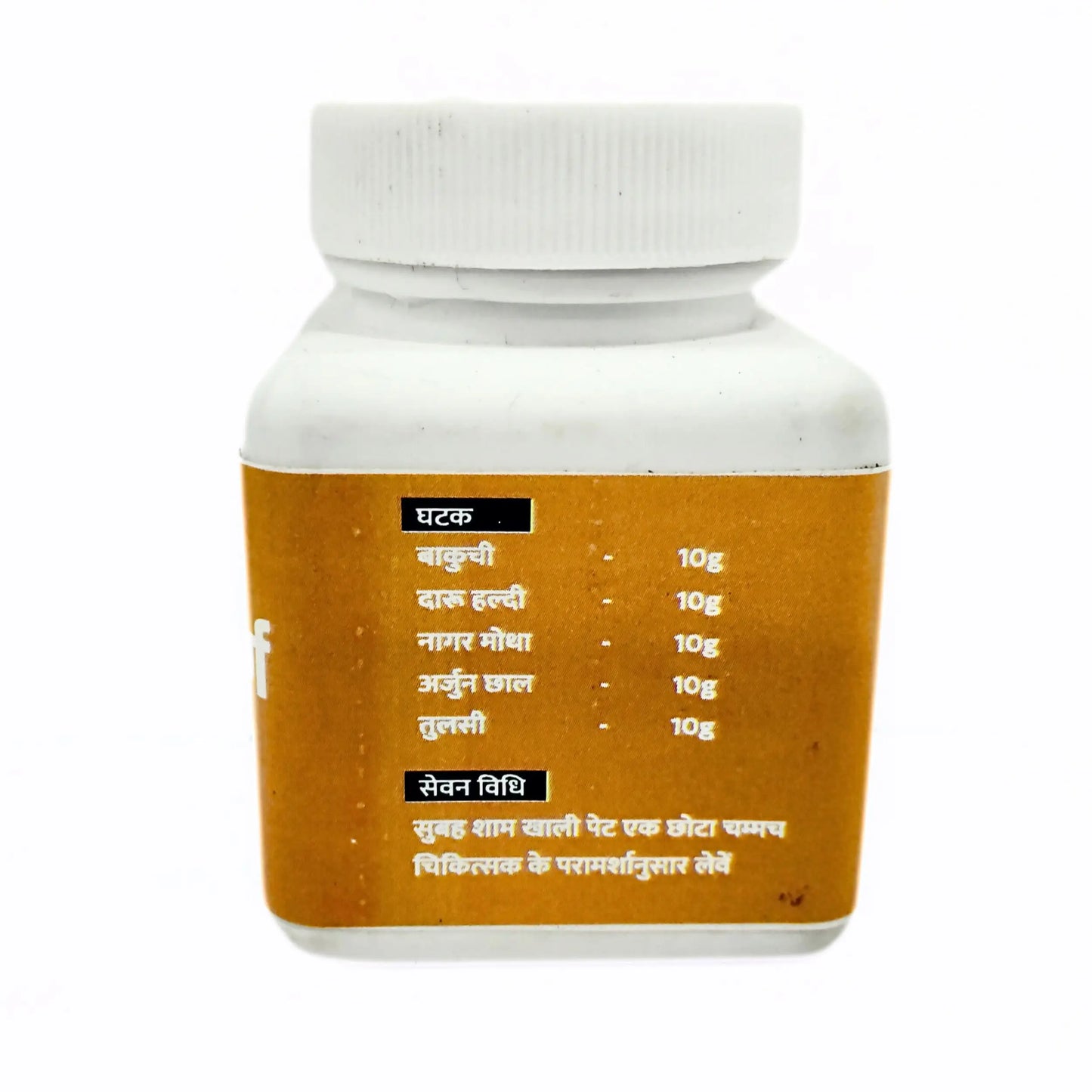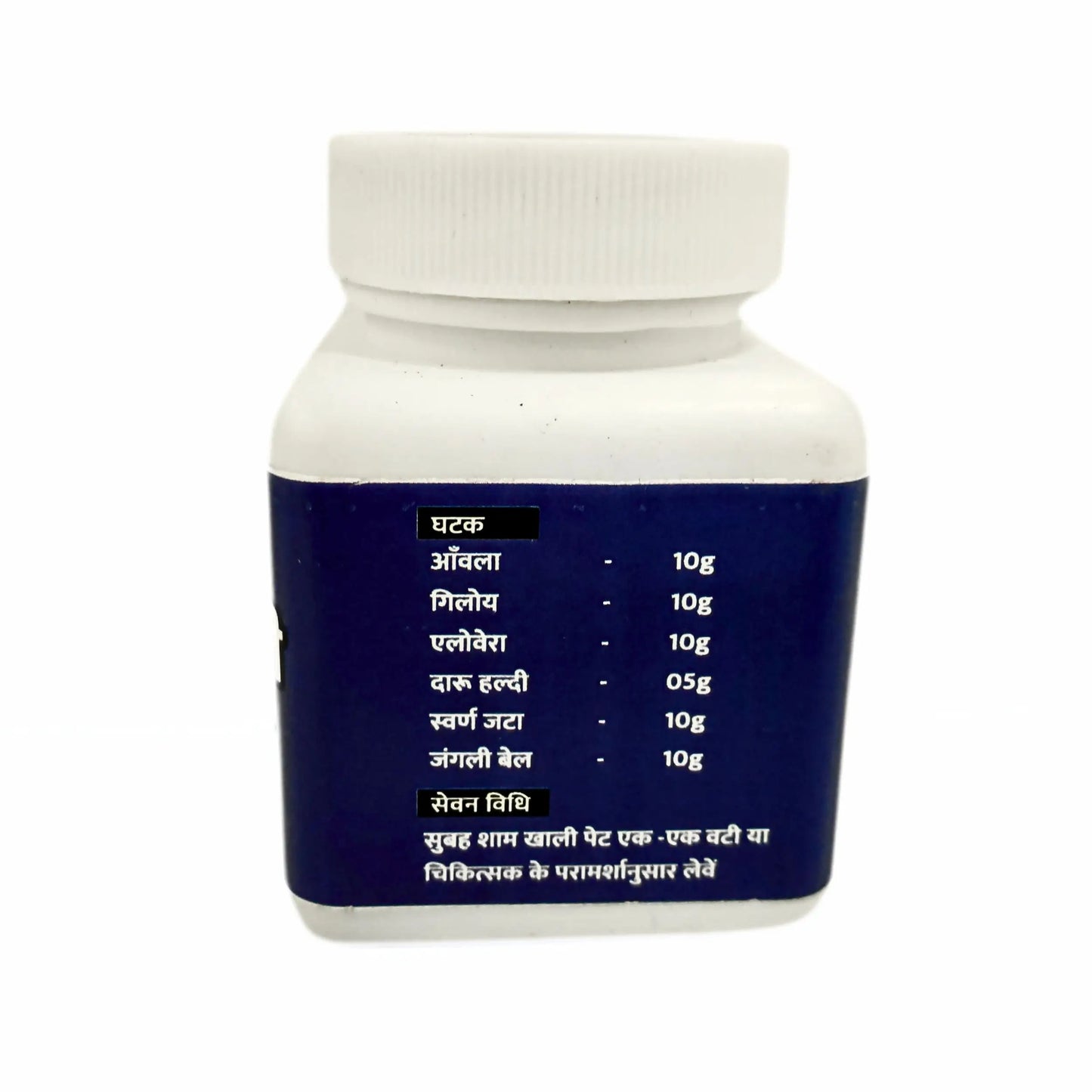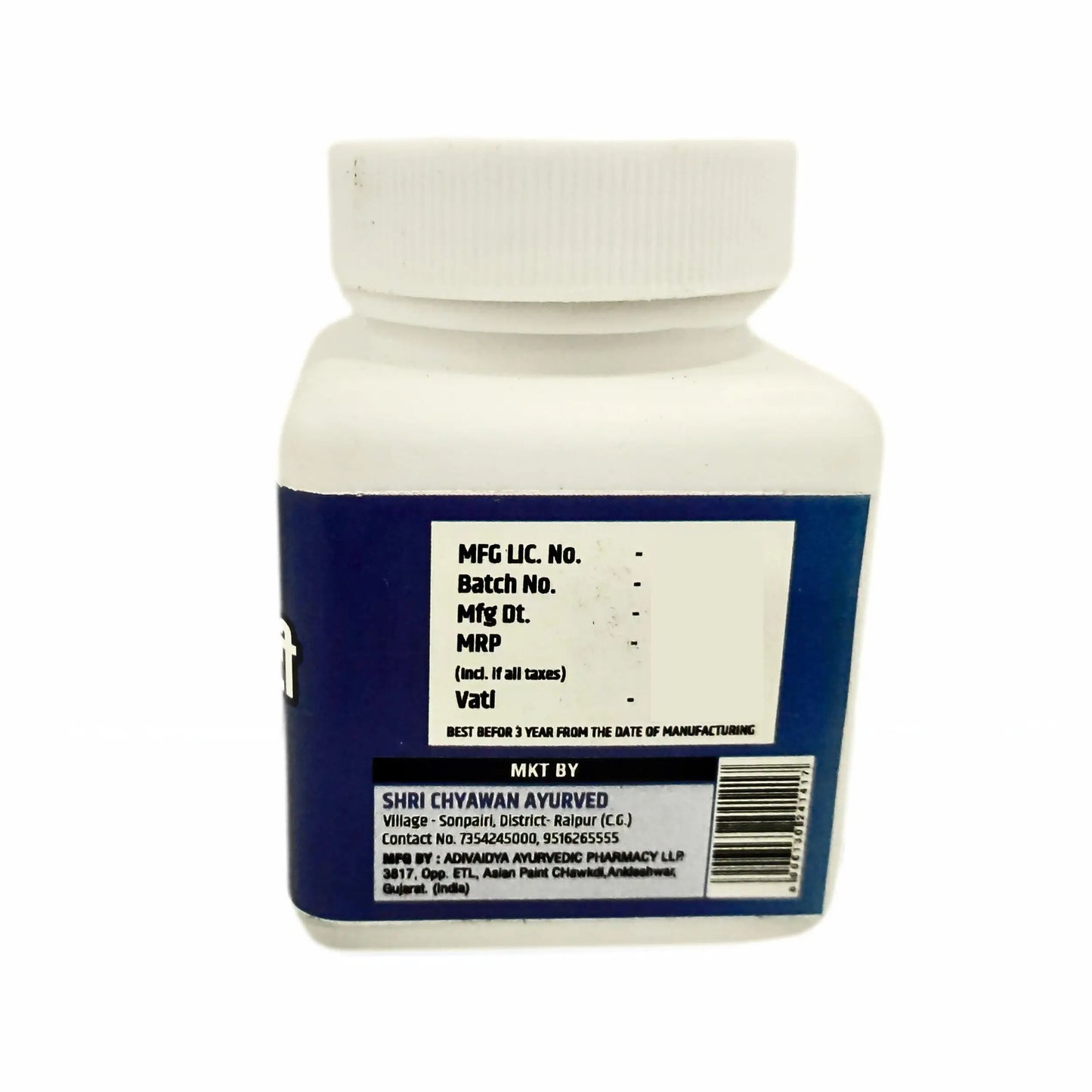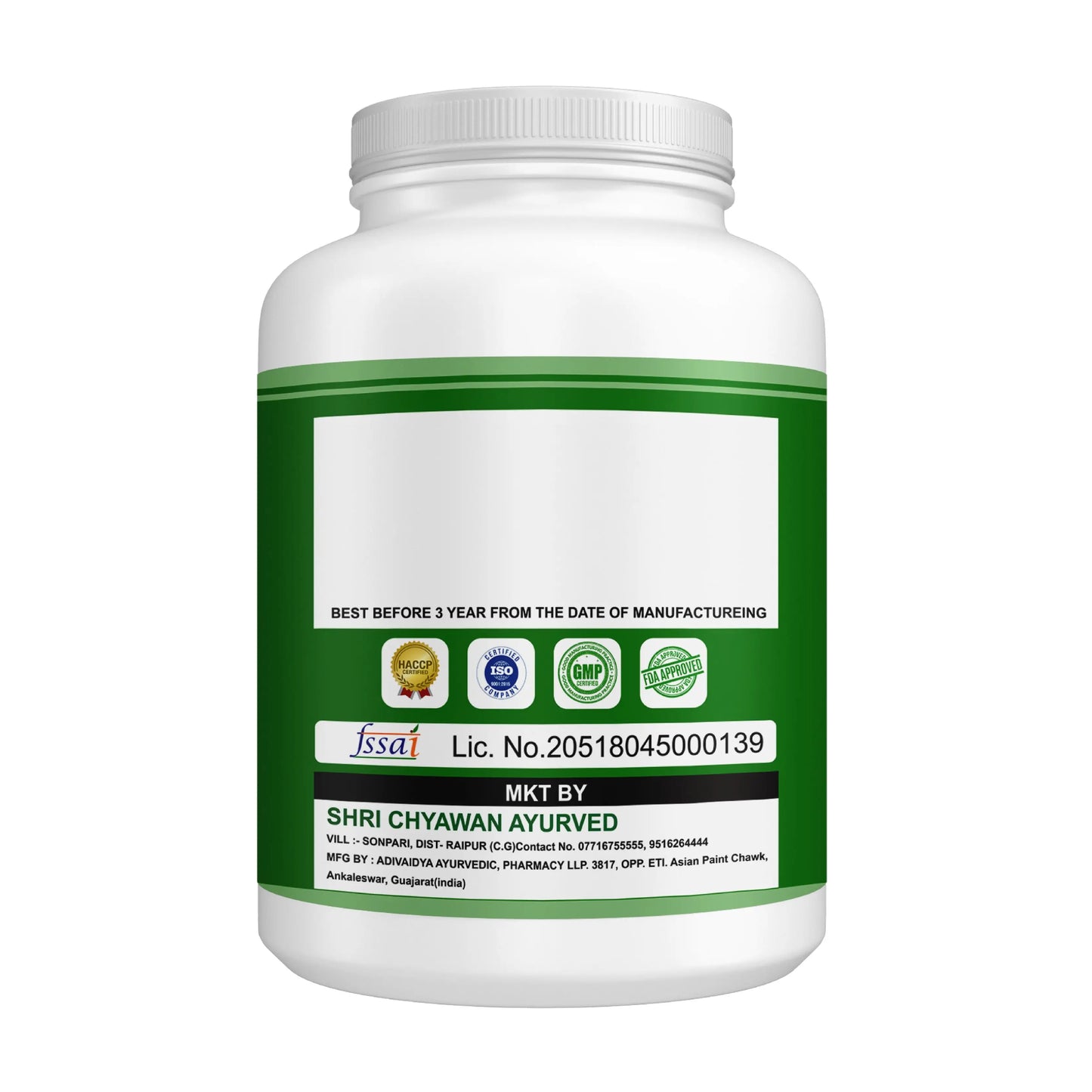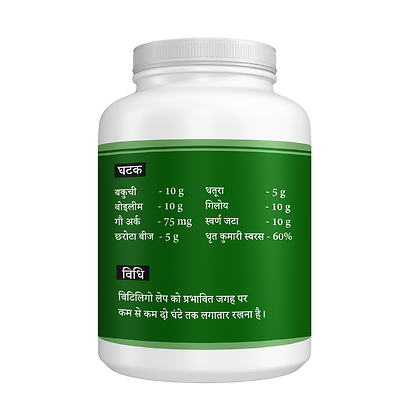Introduction to Vitiligo and Melanin
Vitiligo is a skin condition where patches of skin lose their natural pigmentation, turning white. This occurs when melanocytes, the cells responsible for producing melanin (the pigment that gives skin its color), are destroyed or stop functioning. The exact cause of vitiligo is not fully understood but is believed to involve autoimmune reactions or genetic factors.
Role of Melanin in Skin Pigmentation
Melanin is the pigment produced by melanocytes, giving color to the skin, hair, and eyes. It also protects the skin from UV damage. There are three types of melanin: eumelanin (brown/black), pheomelanin (yellow/red), and neuromelanin (in the brain). In vitiligo, the lack of melanin in affected areas leads to white patches on the skin, making it more sensitive to sun damage.
How Vitiligo Affects Melanin Production
Vitiligo disrupts melanin production by damaging or destroying melanocytes, the cells responsible for producing pigment. This leads to white patches on the skin, as there is no melanin to provide color.
Mechanism of Vitiligo
Vitiligo is believed to be caused by an autoimmune response where the immune system attacks melanocytes. Genetic factors and environmental triggers, like stress or chemical exposure, may also play a role.
Impact on Melanin Synthesis
When melanocytes are damaged, melanin production stops, resulting in depigmented patches on the skin. These areas become more vulnerable to sunburn and UV damage due to the lack of pigment.
Natural Remedies to Increase Melanin
While there is no cure for vitiligo, certain natural remedies may help boost melanin production and promote healthier skin pigmentation. Here are some herbs, supplements, and foods that are believed to support melanin synthesis.
Herbs and Supplements
1. Ashwagandha: This Ayurvedic herb is known for its ability to help the body cope with stress and support immune function, which may indirectly help balance melanin production.
2. Ginkgo Biloba: Known for its antioxidant properties, Ginkgo Biloba may stimulate melanocyte activity and improve pigmentation in some individuals with vitiligo.
3. Turmeric: Curcumin, the active compound in turmeric, has anti-inflammatory and antioxidant properties that can support skin health and potentially promote melanin production.
4. Folic Acid: Folic acid is essential for healthy cell regeneration, and studies suggest that it may help restore pigmentation in people with vitiligo.
5. Vitamin B12: This vitamin is important for the proper functioning of melanocytes and may help to support melanin production when taken as a supplement.
Foods that Boost Melanin Production
1. Carrots: Rich in beta-carotene, which the body converts into vitamin A, carrots help maintain healthy skin and may support melanin production.
2. Tomatoes: High in lycopene, tomatoes can protect the skin from sun damage and enhance melanin production.
3. Spinach: Loaded with antioxidants and vitamins, spinach helps improve overall skin health and supports melanin production.
4. Nuts and Seeds: Almonds, sunflower seeds, and other nuts are rich in vitamin E, which helps protect the skin from oxidative stress and supports melanin production.
5. Dark Chocolate: Contains flavonoids and antioxidants that may help enhance melanin production and protect the skin from UV damage.
By incorporating these herbs, supplements, and foods into your routine, you may support the body’s natural melanin production and promote healthier, more vibrant skin. However, it's important to consult a healthcare professional before starting any new treatment or supplement regimen.
Topical Treatments for Vitiligo
1. Melanin-Boosting Creams and Oils:
-
-
Psoralen-Based Creams: Used with UV light therapy to stimulate melanin production.
-
Topical Corticosteroids: Reduce inflammation and may help restore pigment.
-
Coconut Oil: Moisturizes and supports skin health.
-
Aloe Vera: Soothes and heals skin, reducing inflammation.
-
Black Seed Oil: Anti-inflammatory properties that may aid melanin production.
-
2. Chemical Treatments vs. Natural Solutions:
-
-
Chemical Treatments: Includes topical steroids (effective but may cause side effects), calcipotriene (stimulates melanocytes), and depigmentation for severe cases.
-
Natural Solutions: Herbal remedies like ginkgo biloba and turmeric, as well as oils like coconut and black seed oil, are gentler alternatives for skin health but may have slower results.
-
In summary, chemical treatments can be effective but may come with risks, while natural solutions offer a gentler approach for supporting skin health and melanin production.
Lifestyle Changes to Support Skin Health
Making certain lifestyle changes can significantly improve skin health, potentially supporting melanin production and helping manage vitiligo.
Stress Management and its Effects on Melanin
Stress can have a negative impact on overall health, including skin health. It is believed that stress can trigger or worsen vitiligo, potentially by affecting the immune system. Chronic stress may contribute to the autoimmune response that targets melanocytes, disrupting melanin production.
-
Stress Reduction Techniques: Practicing relaxation techniques like meditation, yoga, deep breathing exercises, or mindfulness can help manage stress levels.
-
Regular Exercise: Physical activity can reduce stress hormones and promote overall health, including skin health.
-
Adequate Sleep: Getting enough rest helps maintain a healthy immune system and promotes skin regeneration.
Healthy Diet and Hydration
A well-balanced diet rich in vitamins and minerals can help support melanin production and skin health:
1. Foods for Melanin Production:
-
-
Vitamin C-rich foods like citrus fruits, strawberries, and bell peppers help promote healthy skin and may enhance melanin production.
-
Vitamin A-rich foods like carrots, sweet potatoes, and spinach help maintain skin health and support pigment production.
-
Copper-rich foods like nuts, seeds, and shellfish play a crucial role in melanin production.
-
2. Hydration: Staying hydrated is vital for maintaining healthy skin. Drinking plenty of water helps keep the skin moist, supports healing, and enhances the overall appearance of the skin.
In summary, managing stress, following a healthy diet rich in essential vitamins, and staying hydrated are key lifestyle changes that can support skin health and potentially help manage vitiligo.
Shri Chyawan Ayurveda's Leucoderma Care Kit
Shri Chyawan Ayurveda has formulated an ayurvedic medicine and treatment for Vitiligo, Leucoderma Care Kit. It is prepared by a combination of pure and natural making it safe for use.
What is in the Shri Chyawan Ayurveda's Leucoderma Care Kit?
The Shri Chyawan Ayurveda's Leucoderma Care Kit contains three types of medicine:
- Leuco-out Lep
- Leuco-out Vati
- Leuco-out Churn
Products Benefits:
Leuco-out Lep : Shri Chyawan Ayurveda's Leuco-out lep helps to recover the skin cell and remove all the dead cells.
Leuco-out Vati : Shri Chyawan Ayurveda's Leuco-out vati is a tablet that helps to boost immunity and reduce the dead cell. Its also helps in the all skin related disease.
Leuco-out Churn : Shri Chyawan Ayurveda's Leuco-out churn helps in the detoxification of the body and remove harmful toxins.
Product Ingredients:
- The main Ingredients in Leuco-out Lep are Bakuchi, Boileem, Ark, Chharota Seed, Dhatura, Giloy, Gold Ash, Swarn Jata, Aloe Vera .
- The main ingredients in Leuco-out Vati are Amla, Giloy, Aloe vera, Kiwi, Daru Haldi, Swarn Jata, Bhasm, Ark, Jangali bel etc.
- The main ingredients in Leuco-out Churn are Bakuchi, Daru Haldi, Nagar Motha, Arjun Chhal, Tulsi, Swarn Bhasm etc.
HOW TO USE:
Leuco-out Vati – One tablet empty stomach twice a day i.e. morning and evening or as directed by the physician.
Leuco-out Churn – One teaspoon of the churn with lukewarm water.
Leuco-out Lep – The Lep should be applied for at least 2 hours on the body.
Note - Do not consume if Diabetic or Pregnant. Consulting a healthcare professional before use.
Conclusion
While there is no definitive cure for vitiligo, there are various ways to support melanin production and manage the condition. From natural remedies like melanin-boosting creams, oils, and herbs to lifestyle changes such as stress management, a healthy diet, and proper hydration, these approaches can help improve skin health and potentially stimulate melanin production.
It's important to note that results may vary, and a combination of treatments may be most effective. Consulting with a dermatologist can help create a personalized plan that best suits your skin and needs.
In essence, though vitiligo presents challenges, incorporating these strategies into your routine can promote overall skin health, enhance melanin production, and improve quality of life.
Free Consultation with our Expert Doctor- 📞📞 95162 64444




